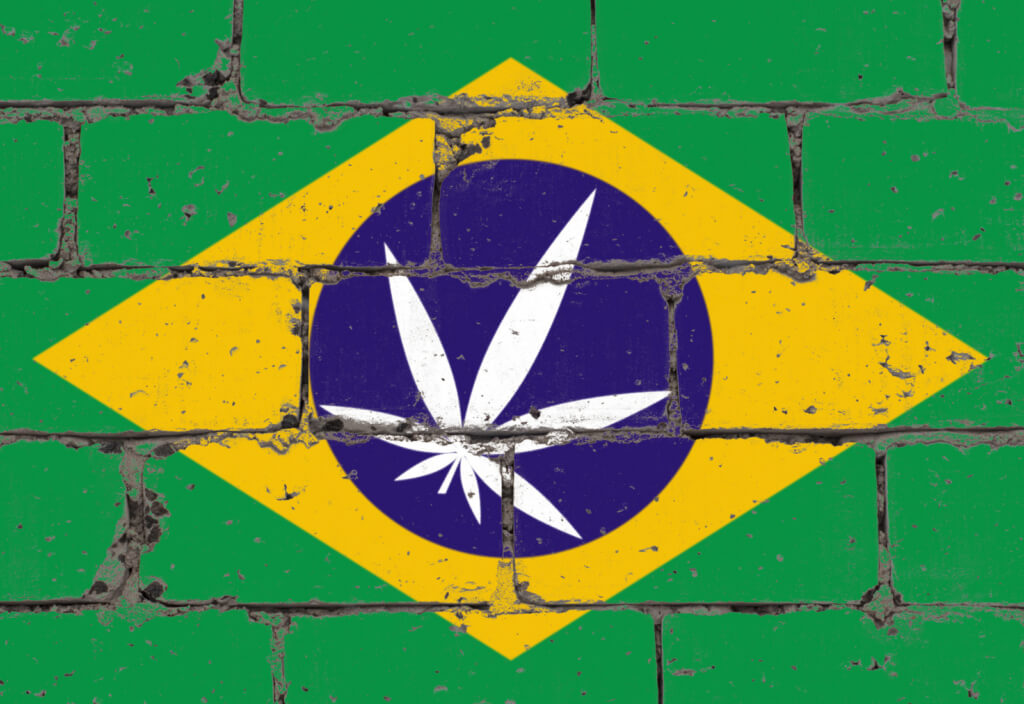Brazil: Supreme Court Decriminalizes Marijuana Possession

On June 25, 2024, Brazil's Supreme Court voted to decriminalize the possession of marijuana for personal use. The ruling, which does not legalize marijuana, classifies possession as an illicit act but not a criminal one. The court will soon determine the maximum quantity deemed for personal use and set the date when this decision will take effect.
Historical Context
Brazil's drug laws have long been stringent. The current laws do not specify the amount of marijuana that constitutes personal use versus trafficking, leading to heavy penalties and imprisonment for small quantities. This legal ambiguity has disproportionately affected young people, especially Black individuals, who are often classified as traffickers for minor possessions.
In 2006, Brazil's Drug Law (Law 11,343) differentiated between users and traffickers. While users faced lighter punishments like community service, traffickers received severe prison sentences. However, the lack of clear guidelines on quantity left room for arbitrary law enforcement.
International Comparisons
Globally, the approach to marijuana varies widely. Some countries, like Portugal, Netherlands, have decriminalized all drugs for personal use, focusing on treatment rather than punishment. Others, like the Netherlands, tolerate personal use within regulated frameworks. In contrast, countries with strict drug laws, such as Indonesia and Singapore, impose harsh penalties for possession.
Implications and Future Considerations
The Supreme Court's decision marks a significant shift in Brazil's drug policy, potentially reducing the number of incarcerations for minor drug offenses and addressing social inequalities. However, the ruling's effectiveness will depend on the specific quantity limits set and its implementation. This move also aligns Brazil more closely with global trends towards decriminalization and harm reduction in drug policy.
What motivated Brazil's Supreme Court to decriminalize marijuana possession for personal use?
How might the decriminalization of marijuana affect Brazil's criminal justice system, particularly in terms of incarceration rates and law enforcement focus?
What are the potential public health benefits and challenges associated with the decriminalization of marijuana in Brazil?